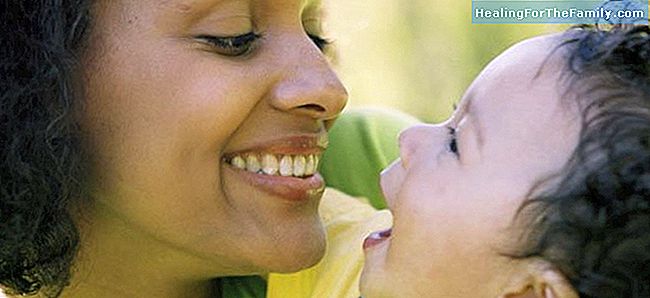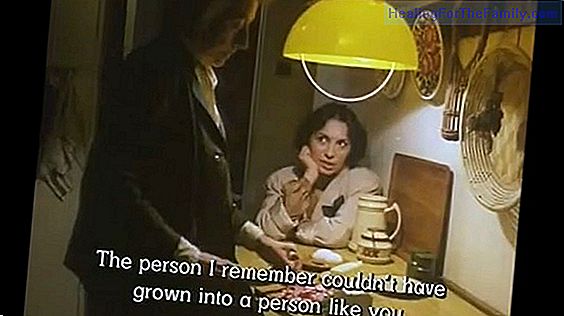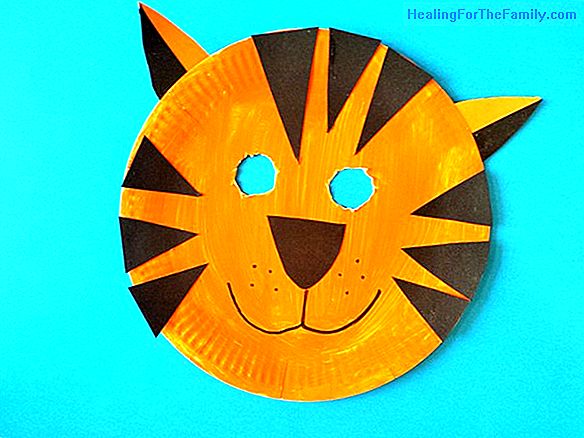10 Mistakes of parents in the development of children's speech
Parents anxiously await the first words of the baby, an event that is full of hope and that is relayed to the whole family with great joy. In the babbling of the baby, many parents already try to find a familiar sound in which they glimpse a word. Babies will learn to talk during the first two years
Parents anxiously await the first words of the baby, an event that is full of hope and that is relayed to the whole family with great joy. In the babbling of the baby, many parents already try to find a familiar sound in which they glimpse a word.
Babies will learn to talk during the first two years of life. It is at this time when the little ones can identify objects and name them. They will begin to gain vocabulary consisting of single words so that, after 2 years of age, they can form short sentences, ask questions and progress in language development.
Errors of parents in the development of children's language

In the process of language development, parents have an active and very important role, so much so that mistakes made by parents could cause some delay in the acquisition of the language. speak or bad habits in children.
1- If the child mispronounces a word, do not repeat it. Correct the child so that he acquires the correct pronunciation of each word.
2. Do not incorporate into your vocabulary the unspoken words of your children. Many parents experience tenderness and fun in the way their children pronounce some words and repeat them by incorporating them into the vocabulary. For example: "hard" instead of "hard"
3- Try do not abuse the diminutives. Even if the children are small it does not have to end in "ito" or "ita": the little plate, the chucharita, the little bear, a little walk, the clothes ...
4. Speak to the child constructing the sentences as he does when he speaks with adults No need to talk avoiding articles or prepositions. It is better to say to the child: "let's go out for a walk" that "do you want a ride?"
5. When talking with your children, try to have a frontal conversation, that is to say, that the child can see his face, so that he learns from the movements of his mouth.
6. Do not use words that replace the correct ones. Many parents invent words that sound more childish to name certain objects. In such a way that the pacifier is the suck or tete, or the bottle is the bibi. If you want your children to acquire a correct use of language, it is essential that they educate by example.
7. Let the child finish when he is explaining something. Many times children stutter and delay in finding the right words to express something. The adults, always in a hurry, run to finish their words or to interrupt them. You have to let the child talk and not condition him.
8. Encourage the child to use words and not gestures to explain what they want. Sign language is very used by children to achieve their objectives: they point out objects for an adult to approach or touch their mouths to ask for water. Even if you understand what the child wants, try to explain it in words.
9. Avoid using a pacifier on children. When they have begun to speak and already say their first words, the pacifier is only a hindrance that prevents them from explaining themselves correctly and, by extension, to be understood.10. There are children who start talking very soon, others later. Each child has a different process, but if after two years the child is not able to communicate or be understood with single words or phrases of two or three words, consult a speech therapist about a possible delay in speech.












